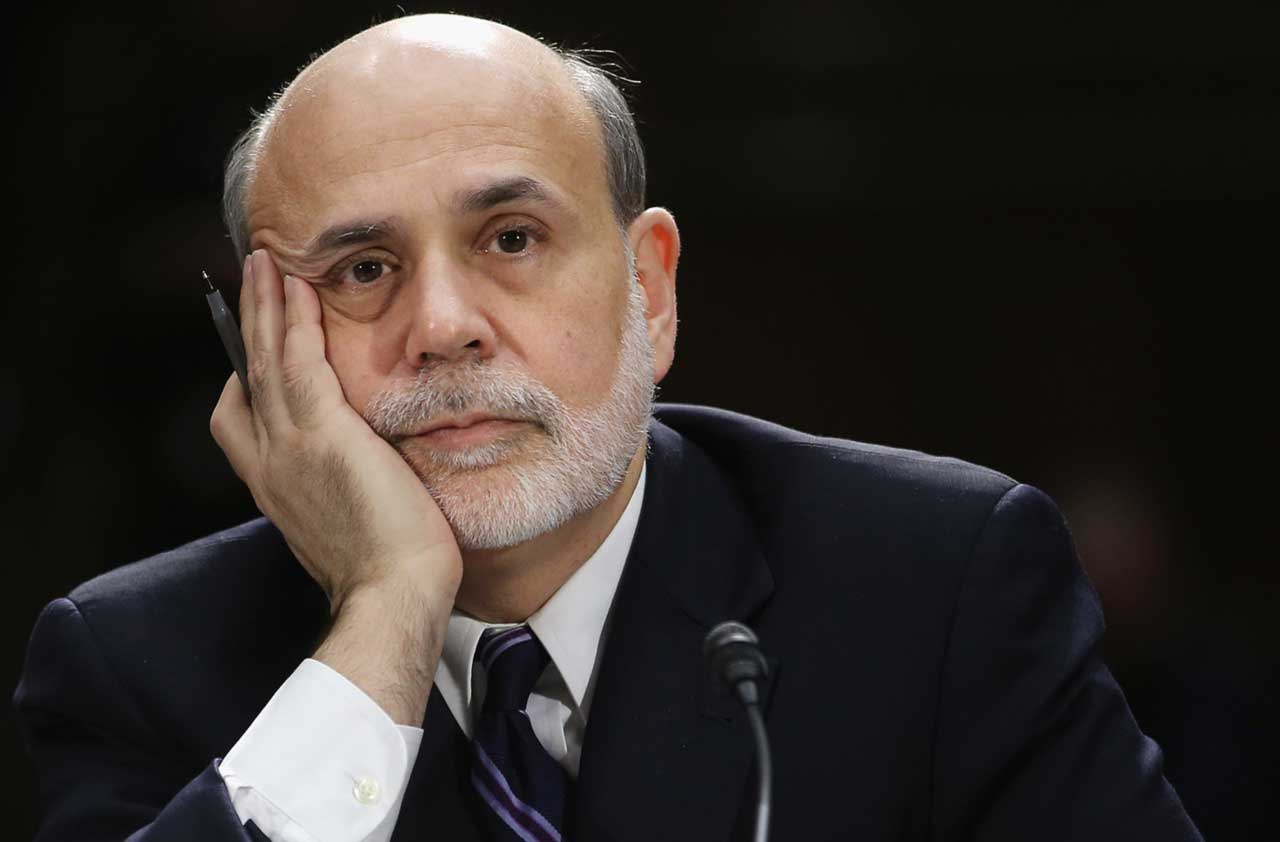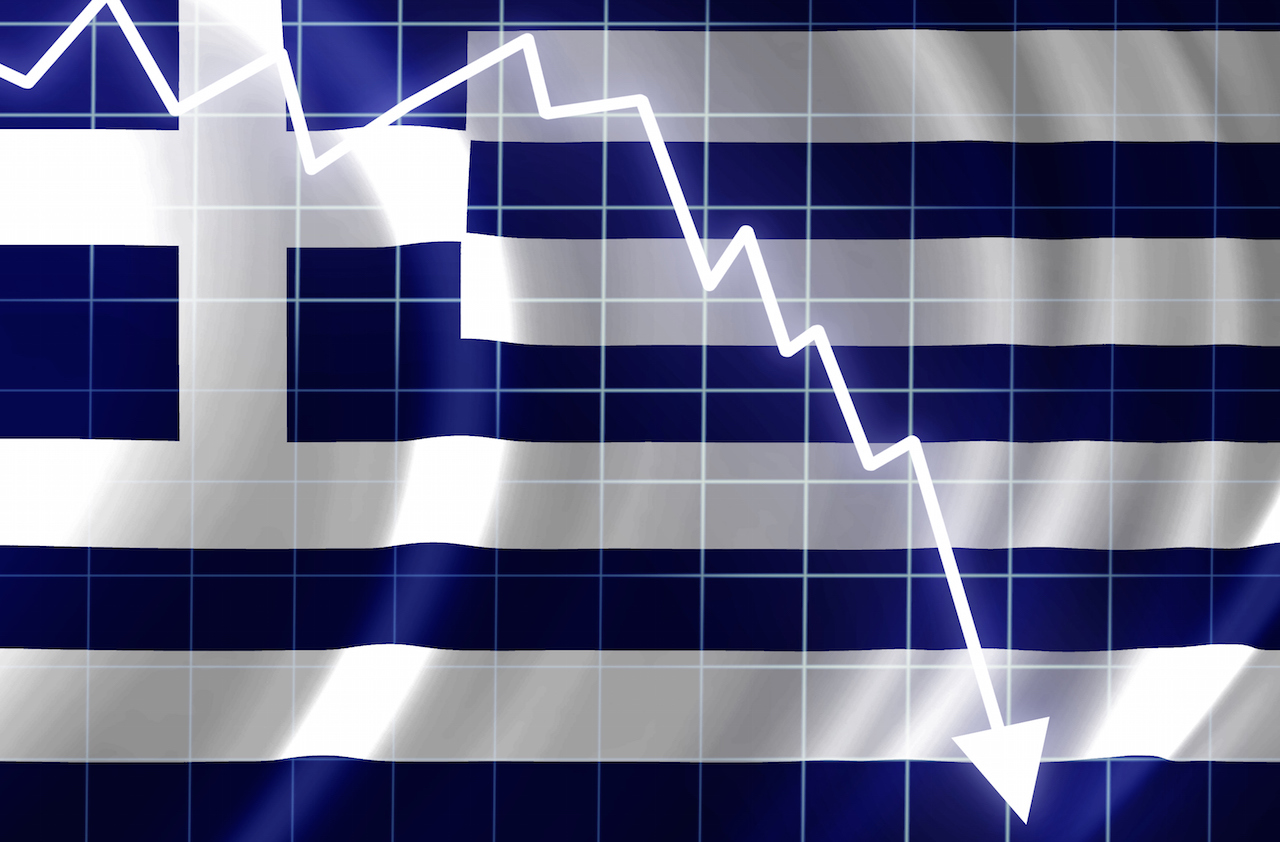The Case for Investing in Europe
Stocks are at fire-sale prices thanks to the euro crisis. This could turn out to be a terrific buying opportunity.

Profit and prosper with the best of Kiplinger's advice on investing, taxes, retirement, personal finance and much more. Delivered daily. Enter your email in the box and click Sign Me Up.
You are now subscribed
Your newsletter sign-up was successful
Want to add more newsletters?

Delivered daily
Kiplinger Today
Profit and prosper with the best of Kiplinger's advice on investing, taxes, retirement, personal finance and much more delivered daily. Smart money moves start here.

Sent five days a week
Kiplinger A Step Ahead
Get practical help to make better financial decisions in your everyday life, from spending to savings on top deals.

Delivered daily
Kiplinger Closing Bell
Get today's biggest financial and investing headlines delivered to your inbox every day the U.S. stock market is open.

Sent twice a week
Kiplinger Adviser Intel
Financial pros across the country share best practices and fresh tactics to preserve and grow your wealth.

Delivered weekly
Kiplinger Tax Tips
Trim your federal and state tax bills with practical tax-planning and tax-cutting strategies.

Sent twice a week
Kiplinger Retirement Tips
Your twice-a-week guide to planning and enjoying a financially secure and richly rewarding retirement

Sent bimonthly.
Kiplinger Adviser Angle
Insights for advisers, wealth managers and other financial professionals.

Sent twice a week
Kiplinger Investing Weekly
Your twice-a-week roundup of promising stocks, funds, companies and industries you should consider, ones you should avoid, and why.

Sent weekly for six weeks
Kiplinger Invest for Retirement
Your step-by-step six-part series on how to invest for retirement, from devising a successful strategy to exactly which investments to choose.
Editor's Note: This story will be published in the August issue of Kiplinger's Personal Finance magazine. We hope that an advance look at it online will help you make sense of and prosper from the ongoing uncertainty in Europe.
The threat that Greece will exit the euro zone hangs over financial markets like the sword of Damocles. If Greece abandons the euro, a massive banking crisis could envelop the entire continent and spread to U.S. banks. That fear caused stocks all over the world to swoon this spring, and the correction may not be over.
Unfortunately, there is no easy solution for Europe. Although the European Economic and Monetary Union has cobbled together a “rescue” package of loans to help finance Greek budget deficits, those shortfalls are not at the heart of the country’s problems. The main problem is that after Greece joined the EMU a decade ago, labor costs soared much faster than productivity, making many Greek exports uncompetitive in world markets.
From just $107.88 $24.99 for Kiplinger Personal Finance
Become a smarter, better informed investor. Subscribe from just $107.88 $24.99, plus get up to 4 Special Issues

Sign up for Kiplinger’s Free Newsletters
Profit and prosper with the best of expert advice on investing, taxes, retirement, personal finance and more - straight to your e-mail.
Profit and prosper with the best of expert advice - straight to your e-mail.
Abandonment Fears
A nation can deal with overpriced labor by devaluing its currency. But that strategy went out the door when Greece adopted the euro. Many analysts now fear that Greece will leave the euro zone and convert all euro deposits in its banks to a new currency that will be worth substantially less than the euro.
If Greece’s problems were isolated, the crisis could be contained. But a Greek exit from the euro would likely throw bank depositors in other troubled countries -- such as Spain, Portugal and even Italy -- into a panic, fearing that their governments might also abandon the euro. As a result, depositors in these countries are sending their money to banks in Germany, Europe’s strongest economy, or converting their deposits into paper euro currency to protect their value. If the trend accelerates, it could be the start of the biggest run on banks since the 1930s.
Fortunately, there is a big difference between today’s central banks and those that ruled during the Great Depression. By lending unlimited quantities of reserves to individual banks, central banks can now create as much liquidity as is needed to head off a crisis. If a run develops, I expect the European Central Bank to act as the Federal Reserve did at the height of our financial crisis, providing temporary guarantees to deposits and money market funds to stop the contagion. The Fed’s prompt and aggressive actions helped prevent the 2008 Lehman crisis from turning into a 1930s-style bank run.
Europe On the Cheap
No matter what the ECB does, however, a Greek exit will further disrupt capital markets and may send European stocks even lower. But I believe European share prices already reflect this dire scenario. Shares of large companies based in the euro zone typically sell for 8 to 9 times projected 2012 earnings. (Standard & Poor’s 500-stock index has a much higher price-earnings ratio of 12.) These extraordinarily low prices were last seen in the 1970s, when Europe was battling double-digit inflation and soaring interest rates.
For U.S. investors, a bigger risk is a fall in the value of the euro, which would mean that holdings in euro-denominated instruments would be translated into fewer greenbacks. I believe the ECB, in an attempt to stimulate European economies, could take actions to lower the value of the currency to equal that of the dollar (in late May, it took $1.25 to buy one euro). So the smart move for U.S. investors is to buy the stocks of euro-zone firms and hedge against a decline in the value of the currency. But even if you don’t hedge, you should be protected by the fact that P/Es for euro-zone companies are now 25% to 35% below those of comparable U.S. firms.
It’s worth noting that where a company is based isn’t necessarily the same as where it sells or produces its products. Anheuser-Busch InBev (symbol BUD) is a case in point. InBev, a Belgian company, bought the iconic St. Louis brewer in 2008. Although BUD is now classified as a euro-zone company, it generates less than 15% of its sales in euro-zone countries. As such, its financial fortunes, as well as those of many other euro-zone firms, are largely insulated from Europe’s woes.
But if the situation in Europe is likely to get worse before it gets better, you may ask, why not invest later? I wouldn’t criticize those who wait, but market timing is tricky. If you can tolerate a little short-term volatility, you can buy European stocks today at some of the lowest valuations in more than a generation. History has shown that crises create some of the best opportunities to buy stocks. I expect the same applies to the current euro crisis.
Columnist Jeremy J. Siegel is a professor at the University of Pennsylvania’s Wharton school and the author of Stocks for the Long Run and The Future for Investors.
Kiplinger's Investing for Income will help you maximize your cash yield under any economic conditions. Download the premier issue for free.
Profit and prosper with the best of Kiplinger's advice on investing, taxes, retirement, personal finance and much more. Delivered daily. Enter your email in the box and click Sign Me Up.

-
 7 Frugal Habits to Keep Even When You're Rich
7 Frugal Habits to Keep Even When You're RichSome frugal habits are worth it, no matter what tax bracket you're in.
-
 Why Picking a Retirement Age Feels Impossible (and How to Finally Decide)
Why Picking a Retirement Age Feels Impossible (and How to Finally Decide)Struggling with picking a date? Experts explain how to get out of your head and retire on your own terms.
-
 The Best Precious Metals ETFs to Buy in 2026
The Best Precious Metals ETFs to Buy in 2026Precious metals ETFs provide a hedge against monetary debasement and exposure to industrial-related tailwinds from emerging markets.
-
 A Preview of the Fed Under Trump
A Preview of the Fed Under TrumpEconomic Forecasts John Taylor, a former Treasury official in the Bush administration, is a top candidate to replace Fed chair Janet Yellen.
-
 Investors, Don't Fear Higher Rates
Investors, Don't Fear Higher Ratesinvesting Although interest rates will rise modestly in coming months, that should not derail the bull market.
-
 Why Investors Shouldn't Be Afraid of Inflation
Why Investors Shouldn't Be Afraid of InflationEconomic Forecasts An inflation rate of 2% to 3% is good for stocks because it gives companies the power to raise prices, which helps boost profits.
-
 A Positive Outlook for U.S. Interest Rates
A Positive Outlook for U.S. Interest RatesEconomic Forecasts Instead of the threat of deflation from weak growth and falling prices, the U.S. is facing the opposite: accelerating inflation.
-
 Can the Fed Save the Stock Market?
Can the Fed Save the Stock Market?Markets In retrospect, it was ill-timed for the Federal Reserve to start hiking short-term interest rates. But that can easily be fixed.
-
 Bernanke's Ultimate Legacy
Bernanke's Ultimate Legacyinvesting The former Fed chairman's decisions in 2008 were an act of courage that averted an economic collapse far worse than we experienced.
-
 Worries About China’s Economy Are Overblown
Worries About China’s Economy Are OverblownEconomic Forecasts Among the consequences of China's slowdown: lower commodity prices, which actually benefit the U.S.
-
 Surviving the Greek Financial Crisis
Surviving the Greek Financial CrisisEconomic Forecasts Despite the recent friction, I believe the eurozone is stronger after putting down the Greek rebellion.